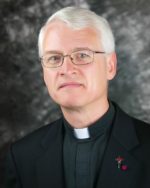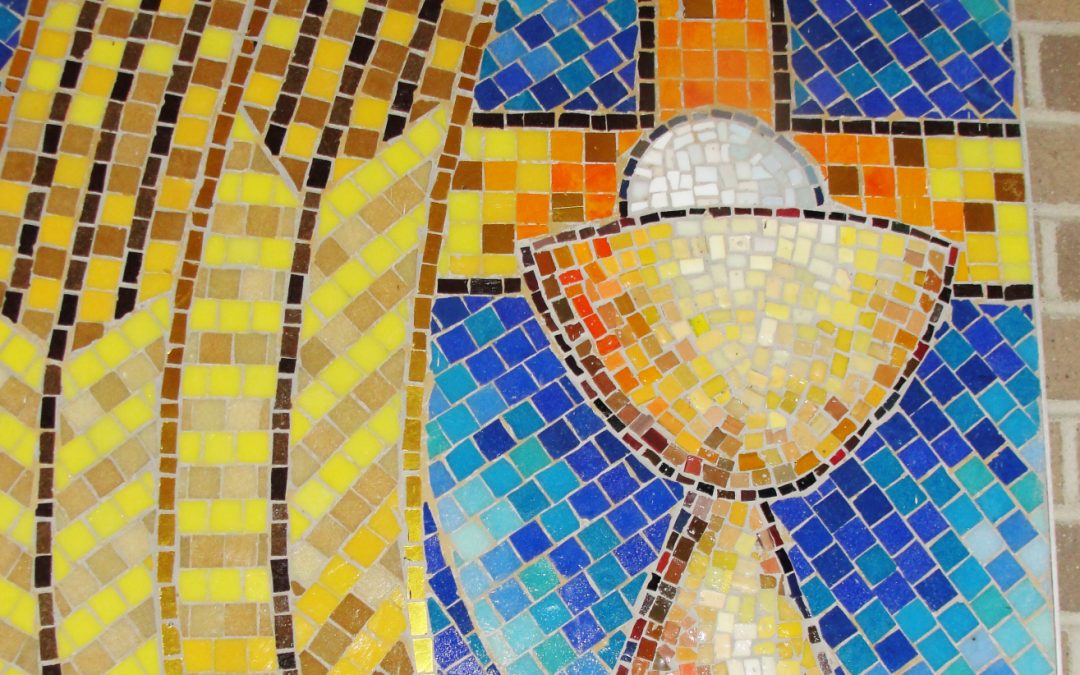By Fr. Angelo Anthony, C.PP.S.
When we think of a farmer planting a field, we probably picture a big John Deere tractor moving through the field plowing and planting in calculated and cultivated rows. After hearing today’s Gospel, you might have thought to yourself, “That farmer Jesus spoke of was pretty sloppy when planting his seeds!”
The experience Jesus had of farming was quite different from what we see today. A farmer in the time of Jesus would walk through an unplowed field and generously scatter seed far and wide—anticipating problems such as birds, stones and weeds. Once sown, then the seed would be plowed under and the farmer would await the yield.
There is no one answer that will explain the message of a parable. By their nature, parables are open-ended and can be interpreted in any number of ways. Today’s parable is a good example of this method of teaching.
- If our focus is on the sower in the parable, then our thoughts turn to God, who generously sows seeds in every type of ground. His living Word is given for all to hear and take to heart.
- If our focus is on the seed in the parable, then our thoughts turn to the faithfulness of God. We can trust that the seed God plants will fulfill the mission it was given to do.
- If our focus is on the harvest, then at first, we might begin to worry that there will not be a good harvest because of the birds and rocks and weeds. Yet in the end, Jesus says there is an overwhelming abundance of grain produced. God’s covenant of love stands forever, we can always trust in God’s faithfulness.
- If our focus is on the soil, then our thoughts turn to the type of environment that we are preparing in our hearts to receive the Word of God. Are we easily swayed by distractions? Do worries and fears distract us? Do we make time to reflect upon life?
We can see that the farmer scattered the seed far and wide in hopes that at least some of it would grow. In the same way, God generously scatters the seeds of love in hopes that they will take root in every heart. Jesus didn’t come for just one group of people; Jesus came to save all people. The love of Jesus is not calculated or restricted. Rather, through the Precious Blood of Jesus we see that God’s love is generous, abundant and extravagant, it does not return void. God’s love always leads us to new life.
When we see ourselves as the farmer in today’s parable, then we have accepted the call to be disciples and missionaries. We are to be people of faith sowing seeds of God’s love generously, hearing the call to be the hands of Christ, to be his voice, his ears, and his heart.
There was once a monk who was walking along the street and he came upon a poorly dressed woman and her child, both homeless and hungry. The monk, angered at the sight, cried out to God: “How can you allow this to happen? Why aren’t you doing something about this suffering?”
God was silent for a while then said, “I did do something about it. I made you.”
You and I are called to sow seeds of compassion and hope in lives that are rocked with anxiety or fear over the increasing violence and disrespect in our communities. We are called to sow seeds that proclaim dignity and respect for all life to a world choking upon the weeds of selfishness and apathy. This is what St. Paul was doing when he wrote his letter to the Romans. Even though he experienced rejection, imprisonment and suffering, Paul announced a message of hope: “Brothers and Sisters, I consider that the sufferings of this present time are as nothing compared with the glory to be revealed for us.”
Yes, life is challenging these days. It’s important for us to always remember that Christ is our salvation. Think of the little plant that grows and blossoms in a small crack in the sidewalk. We wonder to ourselves, “How did that seed ever make it with such poor growing conditions?” Salvation history teach us that God’s first words and God’s last words are always the same: “Let there be life!”
![]()

Fr. Angelo Anthony, C.PP.S., is the director of vocations for the US Province of the Missionaries of the Precious Blood. He also serves as the vice moderator general of the worldwide Congregation.

